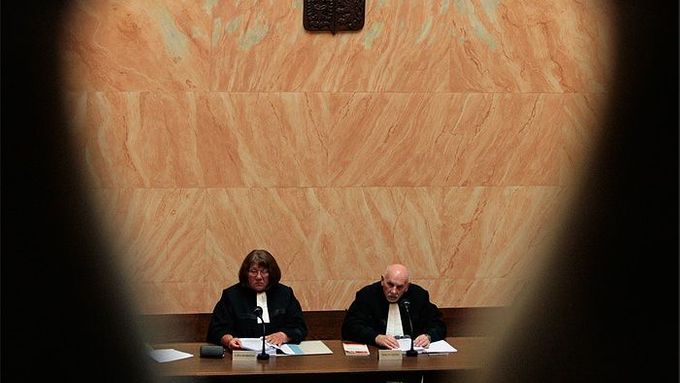Brno - The case of Oussam Kassir, a Swedish citizen of Lebanese origin suspected of terrorism activities, will not be re-opened by the Czech courts.
The Czech Supreme court judges denied Mr. Kassir's complaint about his deportation to the United States.
Oussam Kassir is suspected of terrorism by the US officials for planning a training camp for jihad fighters in Oregon. He could face a life imprisonment in the US.
Mr. Kassir's defense lawyer filed the complaint with the Constitution court on September, 25 2007, while his client was already on the plane heading to the US.
Based on Mr. Kassir's testimony, the Czech courts did not take into consideration that he could face torture, abuse or death penalty.
"In that case, no law court can deny to take those facts into consideration," he wrote in his complaint, calling for a delay of the deportation.
On the plane to the US
The Supreme court judges did not consider his arguments since they received the complaint by the time when Mr. Kassir was already on the US ground.
After seven months, the Constitution court denied the whole complaint as unsubstantial.
"The Constitution court inspected all contested legal actions based on alleged violation of constitutional rights and found that the basic human rights of the claimant [Mr. Kassir] have not been violated," the Constitution court decided under leadership of Michaela Židlická.
The judges stated also that even an opposite verdict would not have any influence on the deportation of Oussam Kassir to the United States.
The Czech police held Mr. Kassir in December 2005 on his journey to the Middle East in which Prague was only a transit station. He was in prison since then.
Investigators accuse the Swedish citizen of managing web pages that advise people how to create a bomb or toxic substances. He is also accused of planning a training camp for jihad fighters in Oregon. Its participants were planned to be sent to Afghanistan after completion of the camp.
Mr. Kassir denied all of the allegations, saying that they are based on lies by an unreliable witness.
The Czech ministry of justice denied this in a press report: "The minister did not find any reasons to refuse the deportation. The decision was met based on Czech obligations to international cooperation in fight against crime."
